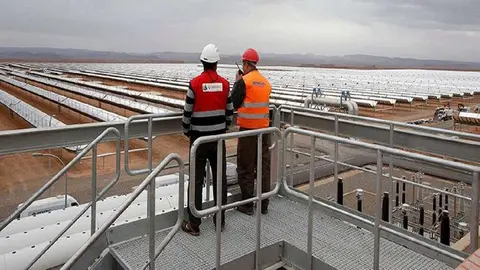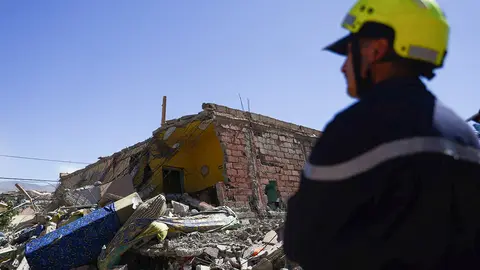The future of the fisheries and agriculture agreements between Morocco and the EU
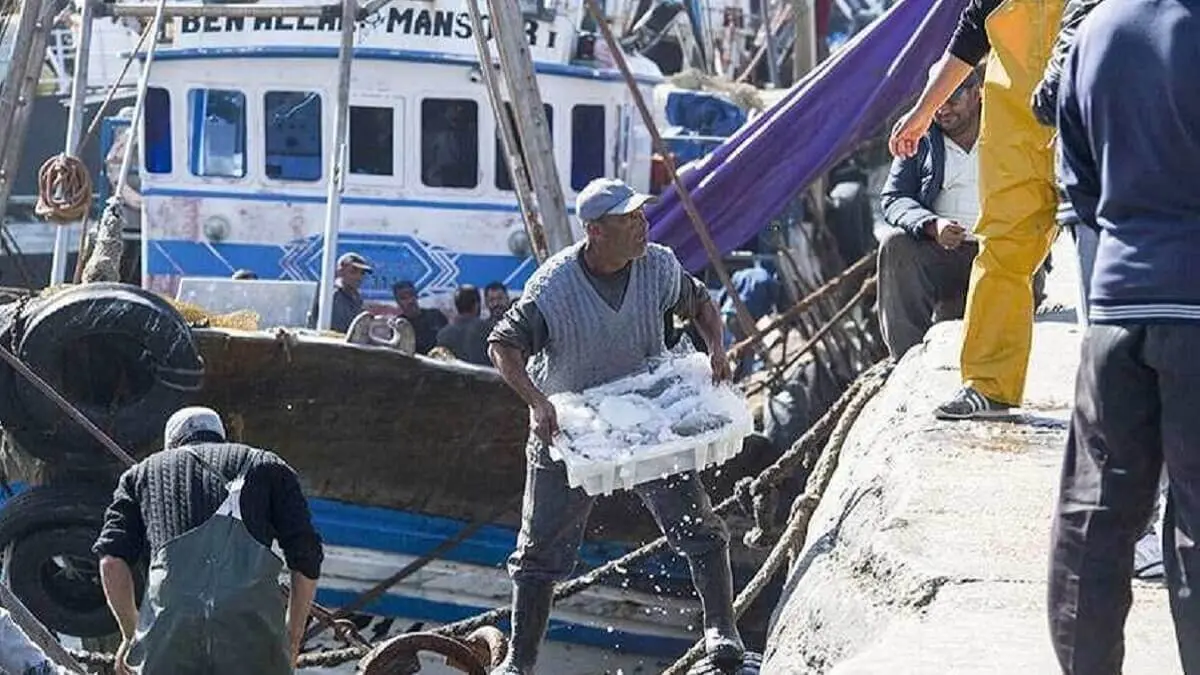
On 21 March, the European Union (EU) Advocate General, Tamara Capeta, gave her opinion on the legal validity of the fisheries and agricultural agreements between Morocco and the European Union, which were invalidated by the Court of First Instance of the European Union (CFI) in September 2021 following a complaint by the Polisario Front.
- Morocco calls for a "more advanced partnership”
- Decades of cooperation and challenges
- "Morocco and the EU need a solid trade agreement"
The argument relied upon by the judges at the time referred to the "consent of the people of Western Sahara, as a third party to the disputed agreements". The European Council and the European Commission therefore lodged an appeal with suspensive effect with the Court of Justice of the European Union (CJEU).
Within this Court, as A. Machloukh and S. Chahid recall in Le Matin, the role of the Advocate General "is to provide, with complete impartiality and independence, a legal opinion on a case, called a Opinion". "If the final decision rests with the judges, we note that in most cases they agree with the Advocate General's position. Hence the importance of reading their arguments carefully," they say.
Regarding the agricultural agreement, the Advocate General's position is quite favourable to Morocco, since, according to Tamara Capeta, "it was wrong for the Court to annul the decision approving, on behalf of the European Union, a preferential tariff treatment agreement with Morocco in relation to the territory of Western Sahara".
The attorney general also recalls that the Polisario Front, the complainant, is not recognised as "representative of the people of Western Sahara by either the United Nations or the European Union". This movement "has never been elected by the people of Western Sahara to play this role and it is impossible to determine with certainty whether the Polisario Front has the support of (the majority of) the people of Western Sahara".
However, Tamara Capeta considers that the Polisario Front "should at least be recognised as a partial representative of the people of Western Sahara". She therefore asks the Court of Justice to confirm its assessment that the appeal at first instance is admissible, albeit on different grounds.
In her conclusions, the Advocate General explains that "the people of Western Sahara cannot express their consent to be bound by the disputed agreement".
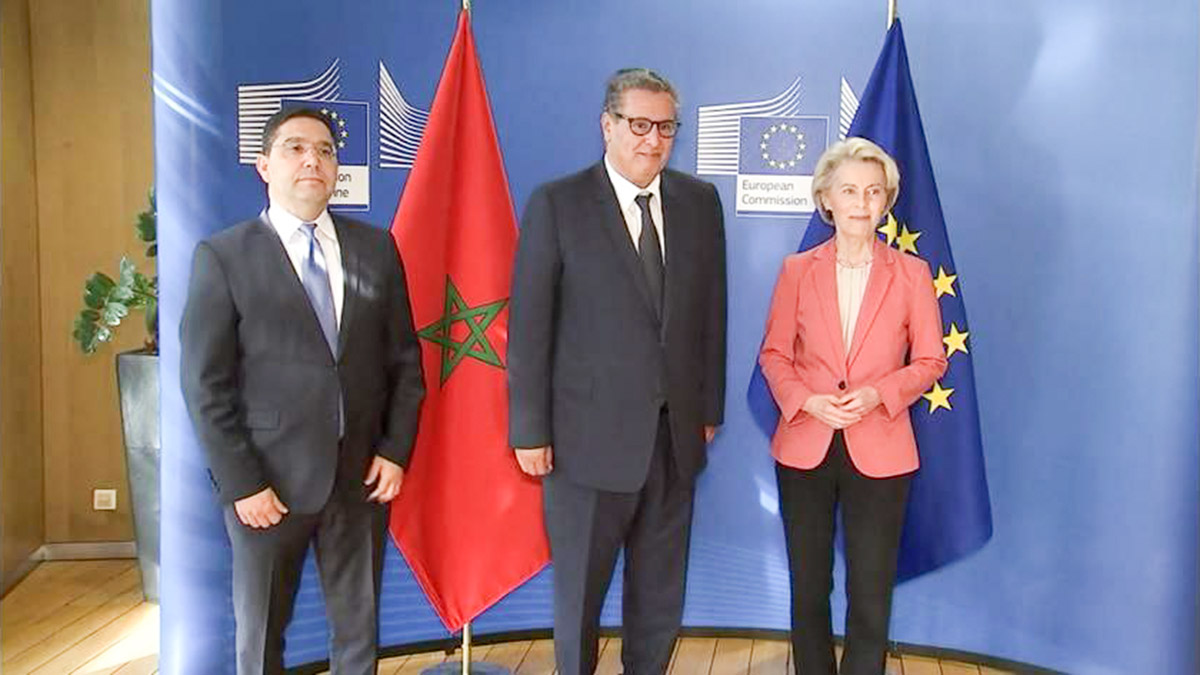
"In the particular case of the people of Western Sahara, there is no elected or accepted representative who can express their consent on behalf of this people", indicates Capeta, who stresses that, even if the Polisario Front participates in the political negotiations on the settlement of the Western Sahara question, "this role is not the same as that of an elected or recognised representative of the Saharawi people expressing their collective aspirations".
"The latter role can only be assigned through the exercise of the right to self-determination by the Saharawi people, which the international community remains incapable of organising", the document states.
On the other hand, Morocco is considered by the EU to be "the administering power" of the territory. This status gives it the right to sign trade agreements, including in the Sahara, and to consent to the implementation of an agreement concluded between third states, provided that such an agreement complies with the conditions contained in the UN Charter.
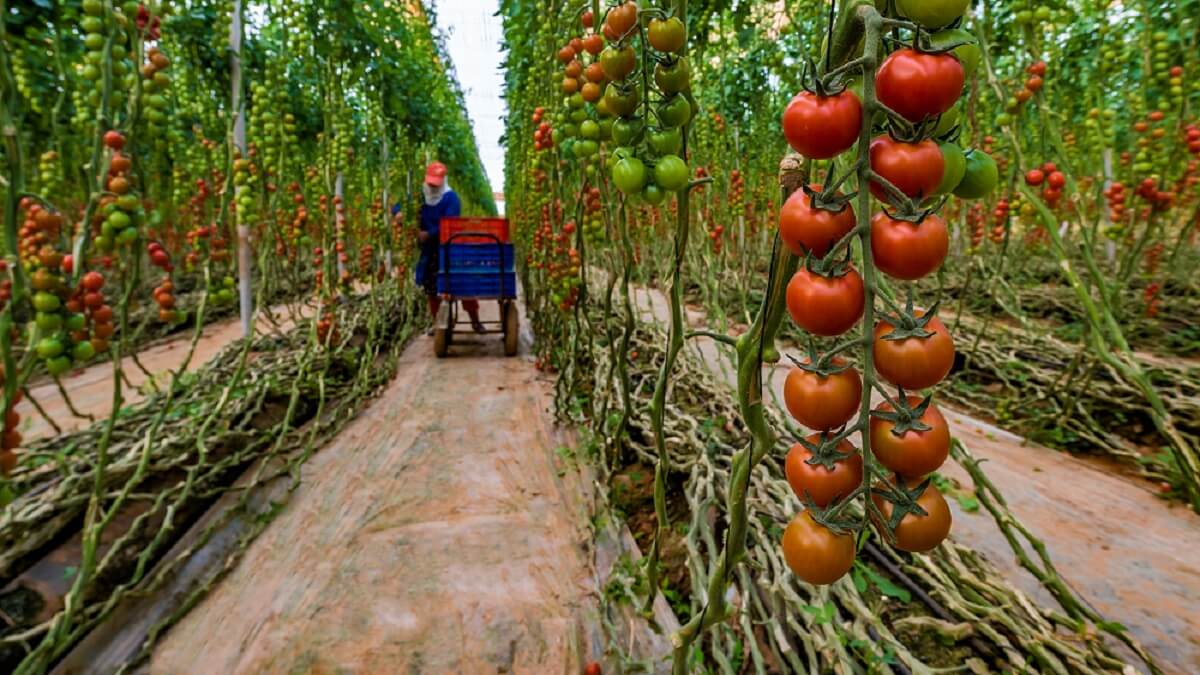
Similarly, Tamara Capeta concludes that "the contested decision does not violate either the principle of the relative effect of treaties or the aspect of the right to self-determination which was questioned in the Council v. Polisario Front judgment". However, she insists on separate treatment for Saharan products.
This means that customs declarations and labelling of the country of origin of products coming from the Saharawi territory must indicate this territory as the place where the goods come from, excluding any indication of an origin in the Kingdom of Morocco.
"This requirement concerns in particular products originating in Western Sahara which benefit from preferential treatment, on the basis of the disputed agreement, when imported into the customs territory of the European Union," the document explains.

Unlike the agricultural agreement, which is still in force pending the Court's final judgment, the fisheries agreement expired in July 2023. According to the Advocate General's conclusions on this agreement, "it follows from the interpretation adopted by the Court in these judgments that the scope of the fisheries agreement includes the obligation to treat the territory of Western Sahara as "separate and distinct" from the territory of the Kingdom of Morocco".
According to her, the sustainable fisheries partnership agreement does not meet this requirement. "The absence of a separate and distinct treatment of the waters adjacent to the territory of Western Sahara and those adjacent to the territory of the Kingdom of Morocco in the sustainable fisheries partnership agreement and the implementing protocol has also had consequences for the right of the people of Western Sahara to benefit from the natural resources of the waters adjacent to the territory of Western Sahara", she stresses.
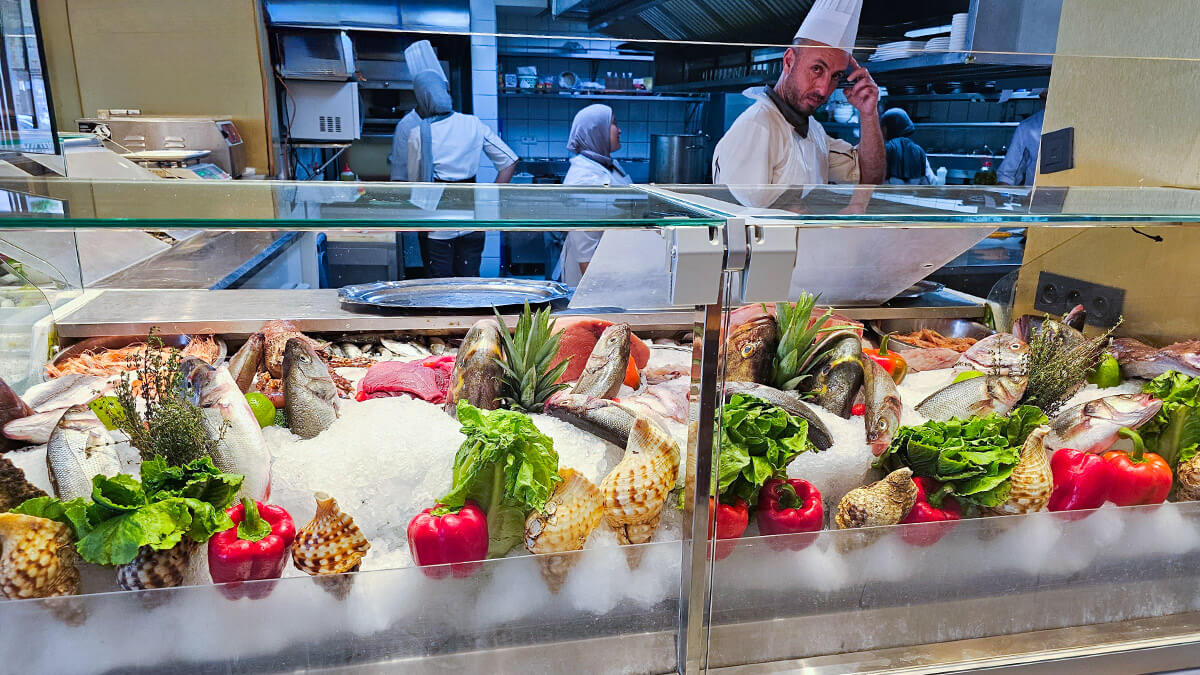
Tamara Capeta underlines that, since the implementing protocol expired in July 2023, "Union vessels are currently not allowed to carry out fishing activities in the waters adjacent to the territory of Western Sahara".
She therefore proposes to maintain the effects of the contested decision for a reasonable period not exceeding two years from the judgment in the present case, in order to agree with the Kingdom of Morocco on the necessary amendments to the agreement in the field of sustainable fisheries.
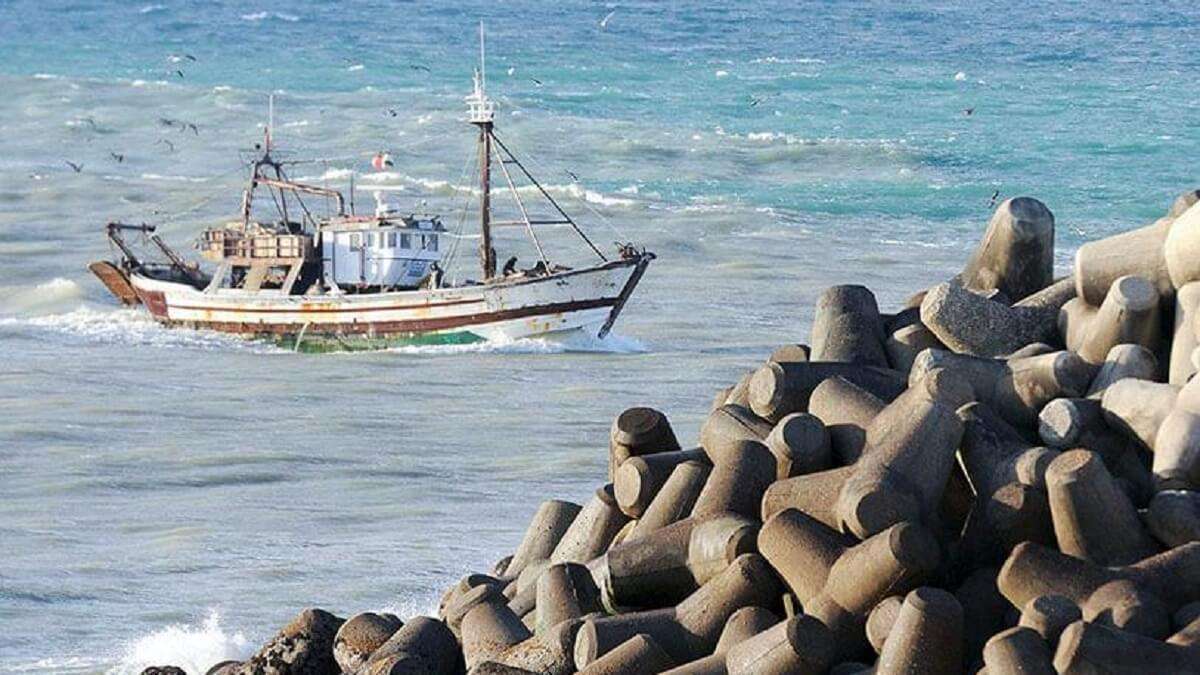
Morocco calls for a "more advanced partnership”
After hearing the EU Advocate General's view on this question, the government spokesman, Mustapha Baitas, stressed during a press conference that "the European Union must assume all its responsibilities to preserve the partnership with the Kingdom and protect it from all provocations and political manoeuvres".
In the event that the European Court aligns itself with the Advocate General's conclusions, the two agreements will have to be renegotiated on a new basis. In this regard, it is worth noting that, a few days after the expiry of the fisheries agreement, the Moroccan Foreign Minister had already set the parameters for a possible renewal of this partnership.
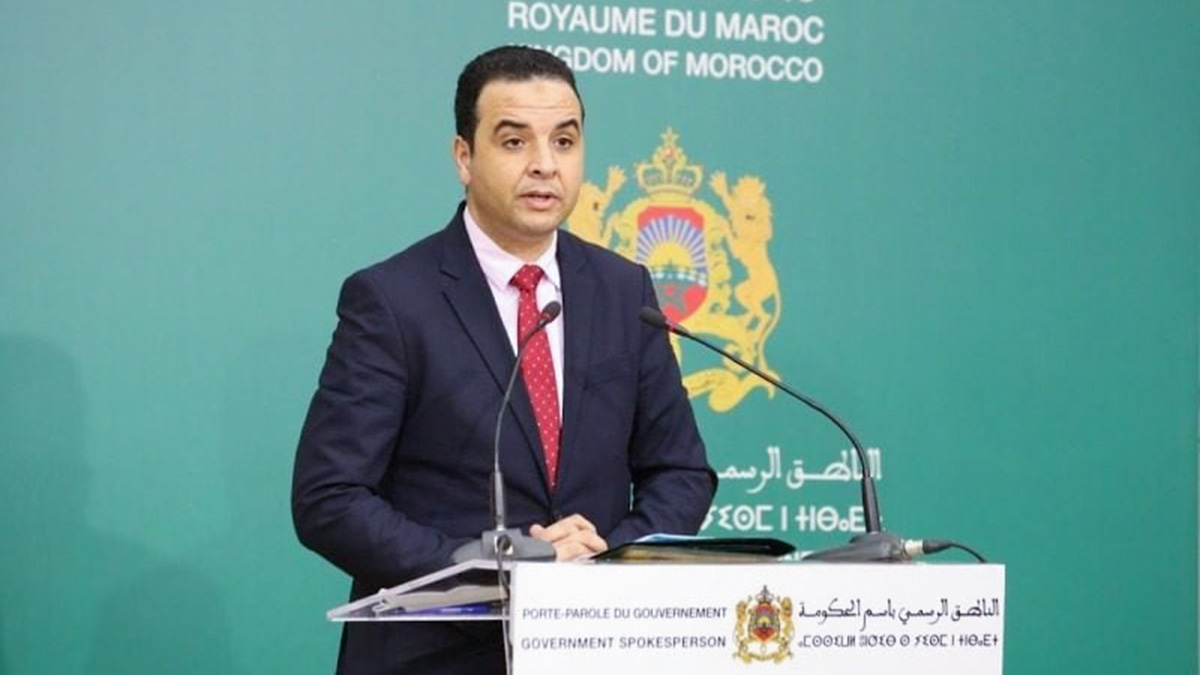
Baitas mentioned a "more advanced partnership", as the current regime, which consists of receiving financial compensation for the right to fish, "is no longer adequate". "Morocco's objective is to create real added value," he explained.
Mohamed-Badine El Yattioui, a research professor of Strategic Studies at the National Defense College (NDC) in the United Arab Emirates, stressed to Le Matin that, should the Court uphold the annulment of the agricultural and fisheries agreements, it would provoke "a diplomatic and commercial crisis of quite serious consequences between Morocco and the European Union, given that the Kingdom could not accept an agreement isolating the Saharan territory".
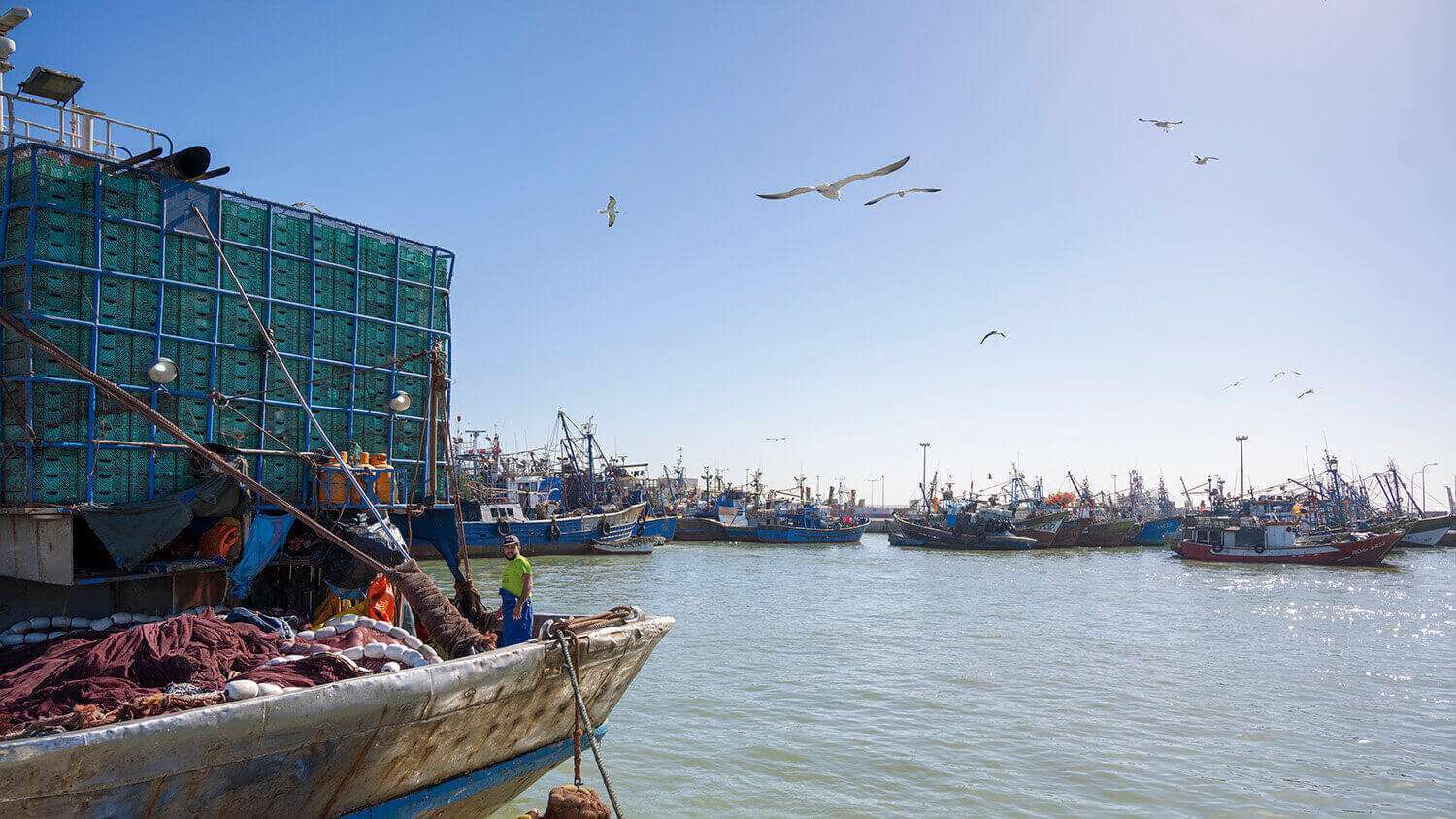
"We would be heading towards a crisis, in my opinion, quite serious, knowing that the EU is Morocco's first supplier and first client", he adds.
However, El Yattioui qualifies that "the assessments of the Advocate General reinforce Morocco's positions", while the opinion of the public prosecutor is "unfavourable to the Polisario as it denies its capacity to represent the populations of the Sahara", something which is "clearly an observation in favour of Morocco".

Decades of cooperation and challenges
Morocco and the EU have a long history of economic partnership. The first cooperation agreement was signed on 26 February 1996 and entered into force four years later. Initially, this agreement aimed to phase out tariffs on agricultural and industrial products over a decade.
On the other hand, the agreements on agricultural and fisheries products were signed in 2010, and it is not the first time that they have faced obstacles from the European justice system. In 2015, the court of first instance annulled the European Council's decision on the agricultural and fisheries agreements following a complaint by the Polisario Front. This decision was subsequently upheld in 2016 by the European Court of Justice, pushing Morocco to suspend all cooperation.
In February 2018, the European Court of Justice ruled that these texts were valid and a protocol was signed, which expired in July 2023. During this period, in September 2021, the Luxembourg court again annulled the agreements on agriculture and fisheries following a complaint by the Polisario on the pretext that they had been concluded without the consent of local populations.
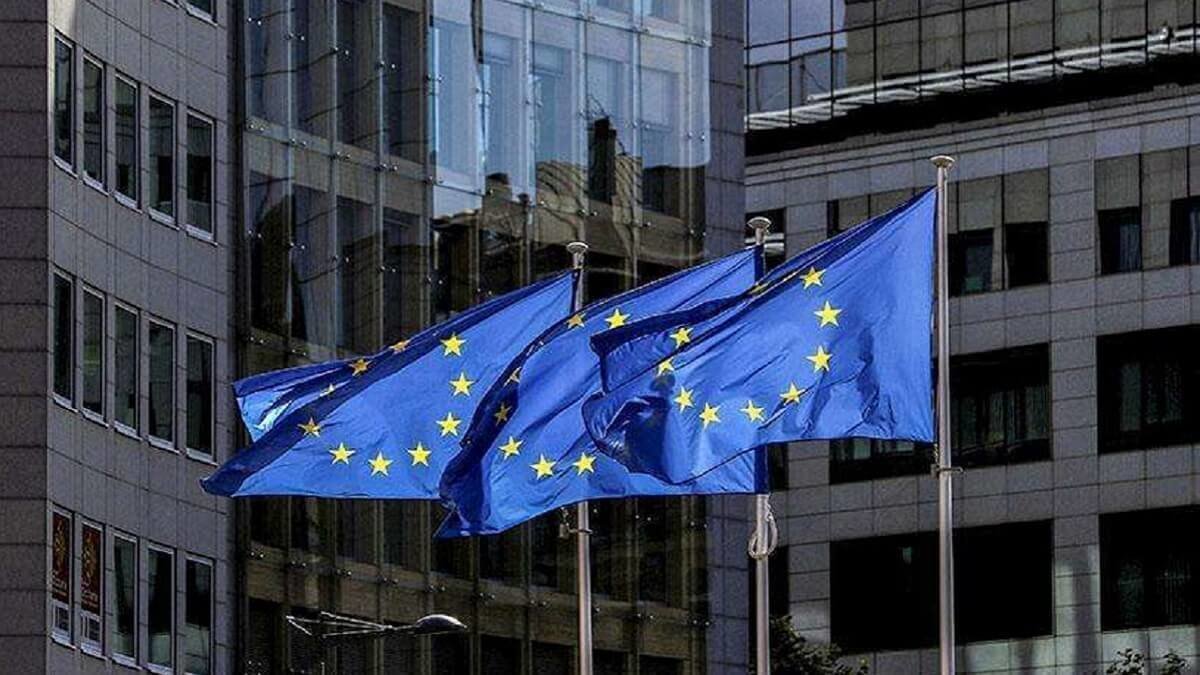
"Morocco and the EU need a solid trade agreement"
For El Yattioui, these agreements are part of Brussels' interests because of problems in global supply chains. "Both parties have an interest in renewing the agreements on mutually advantageous terms, given the interdependence of their economies and the importance of their trade partnership," he explains.
The analyst also recalls that the European Union has an "urgent need" to ensure its food security given the problematic international situation due to the consequences of the war between Russia and Ukraine and the difficulties in adopting the free trade agreement with Mercosur.
"That said, Morocco and the EU need a solid trade agreement", insists El Yattioui, who also mentions the divisions between the European judiciary and EU member states over the Moroccan ownership of the Sahara.

